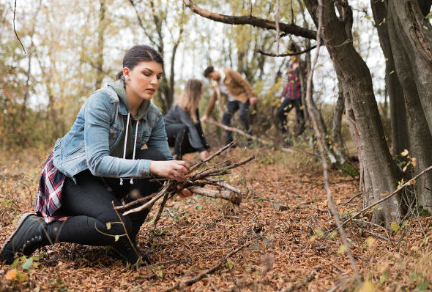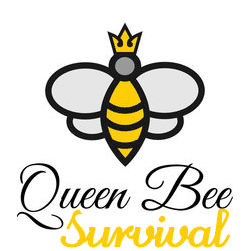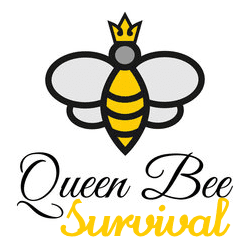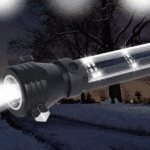Survival Tips: A Detailed Guide for any Survival Situation

Many situations, whether in the wilderness or urban environments, require practical knowledge to ensure your safety and well-being. Understanding how to secure food, water, shelter, and fire can make a significant difference in survival scenarios.
In the wilderness, prioritize finding a clean water source, building a sturdy shelter, and starting a fire for warmth and cooking.
In urban settings, focus on locating safe zones, rationing supplies, and staying informed. By mastering these important skills, you can adapt to unexpected challenges and increase your chances of overcoming adversity. Preparation and resourcefulness are your greatest allies in any survival situation.
The Basics of Survival
A solid understanding of survival fundamentals can make all the difference in an emergency.
Focus on securing the imperatives: food, water, shelter, and fire. These elements form the foundation of your ability to endure and adapt, whether you're in the wilderness or an urban environment.
Always assess your surroundings, identify potential resources, and plan your next steps carefully. Preparation and knowledge are your greatest allies when facing unexpected challenges.
Food
In survival scenarios, food is a secondary priority but still vital for long-term energy. Learn to identify edible plants, insects, and small game in the wild. Carry lightweight, high-calorie snacks like nuts or energy bars in your kit. In urban settings, scavenge safely by checking abandoned stores or homes for non-perishable items. Always cook food thoroughly to avoid illness.
Fire
Fire provides warmth, light, and a way to cook food or purify water. Carry waterproof matches, a lighter, or a fire starter in your kit. In the wilderness, gather dry tinder, kindling, and fuel wood to build a sustainable fire. In urban areas, use available materials like paper or cardboard. Practice fire-building skills regularly to ensure you can start one quickly when needed.
Shelter
Shelter protects you from the elements and conserves body heat. In the wild, use natural materials like branches, leaves, or snow to construct a makeshift shelter. Look for caves or overhangs for added protection. In urban environments, seek out sturdy buildings or vehicles for refuge. Always insulate yourself from the ground to prevent heat loss.
Water
Water is your most immediate need. Find a clean source, such as a stream or rainwater, and purify it by boiling, using purification tablets, or filtering. In urban areas, tap into water heaters or toilet tanks for emergency supplies. Avoid stagnant water, as it may contain harmful bacteria. Stay hydrated to maintain energy and focus.
Wilderness Survival
In the wilderness, adaptability is key. Learn to navigate using the sun, stars, or landmarks. Carry a map and compass, and know how to use them. Build signals, like smoke or reflective mirrors, to attract rescuers. Stay aware of wildlife and avoid unnecessary risks. Your ability to work with nature will determine your success.
Urban Survival
Urban survival requires resourcefulness and caution. Secure a safe location and avoid dangerous areas. Scavenge for supplies in abandoned buildings or vehicles, but be mindful of potential hazards. Use tools like crowbars or multitools to access resources. Stay hidden if necessary, and avoid drawing attention to yourself. Urban environments offer unique challenges, but they also provide opportunities for survival.
By mastering these skills and strategies, you can increase your chances of surviving in any situation. Preparation, adaptability, and a calm mindset are your best tools for overcoming adversity.





